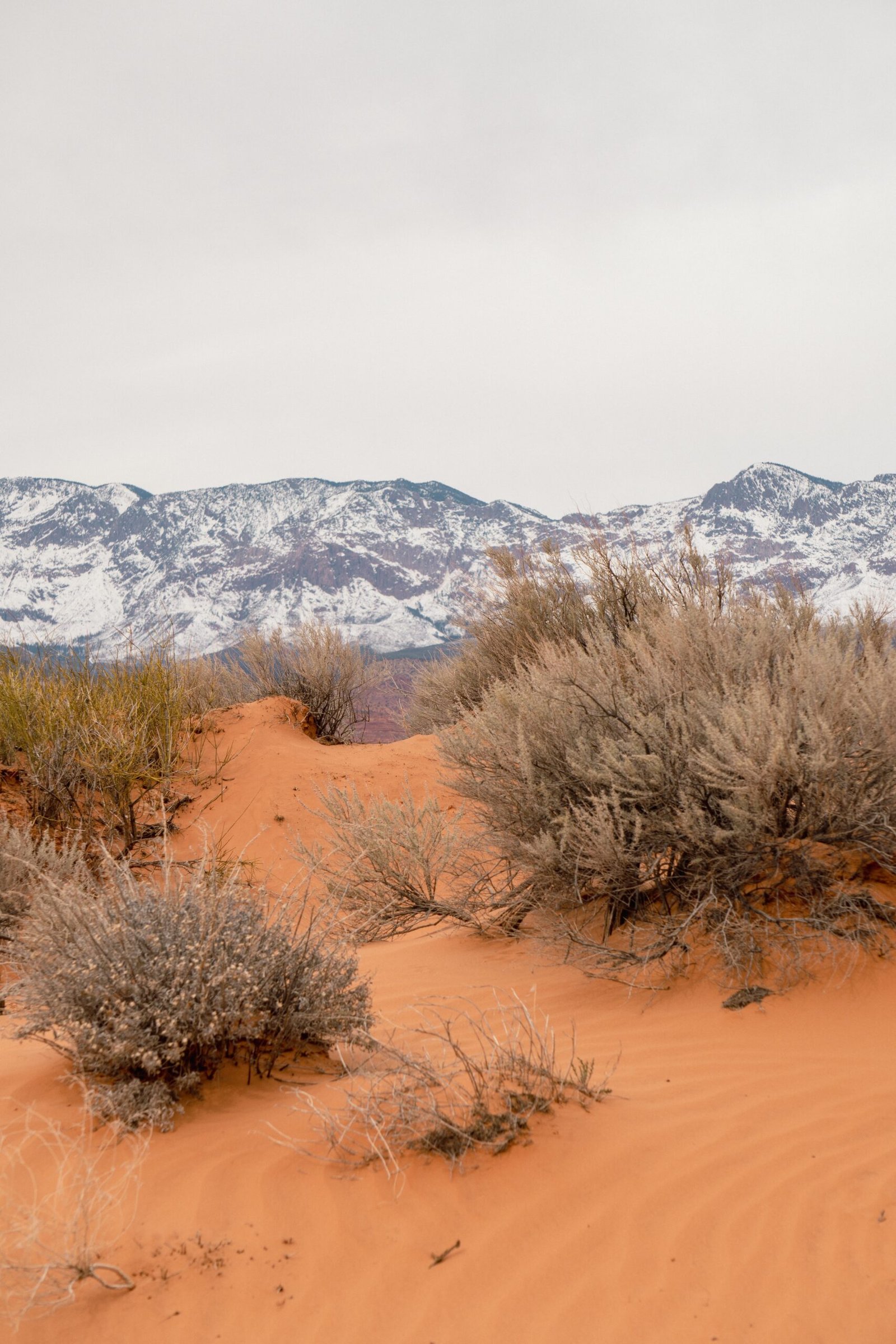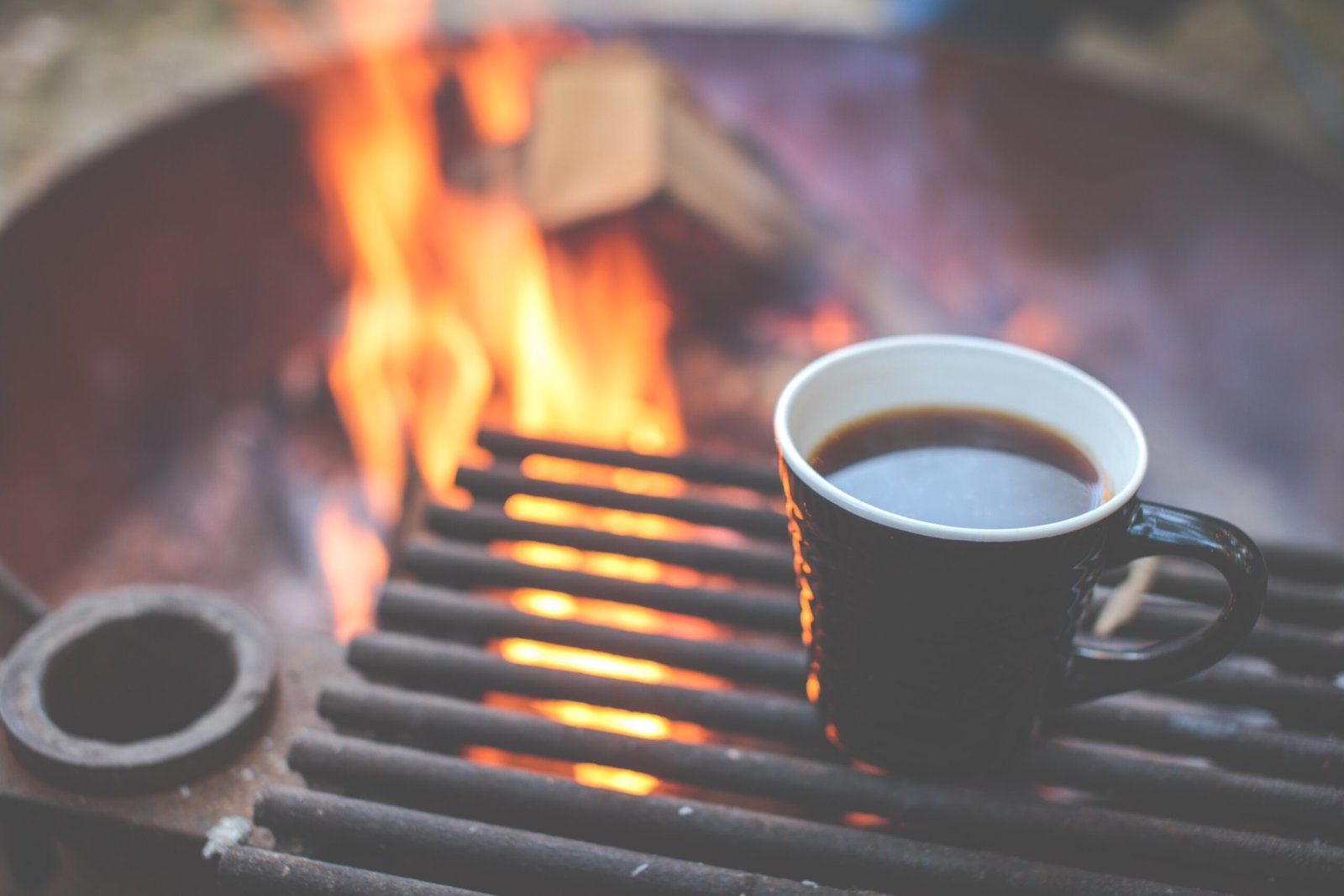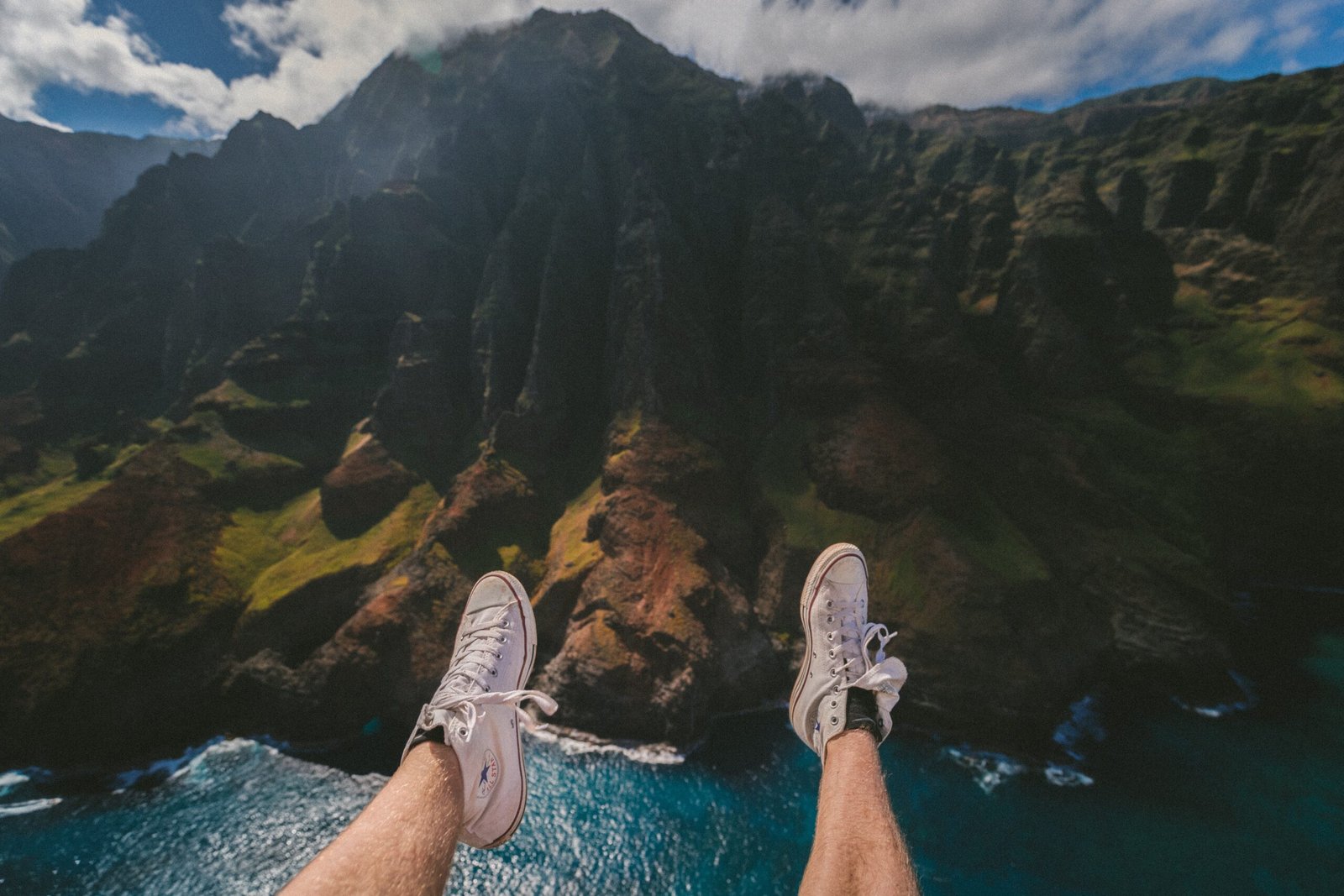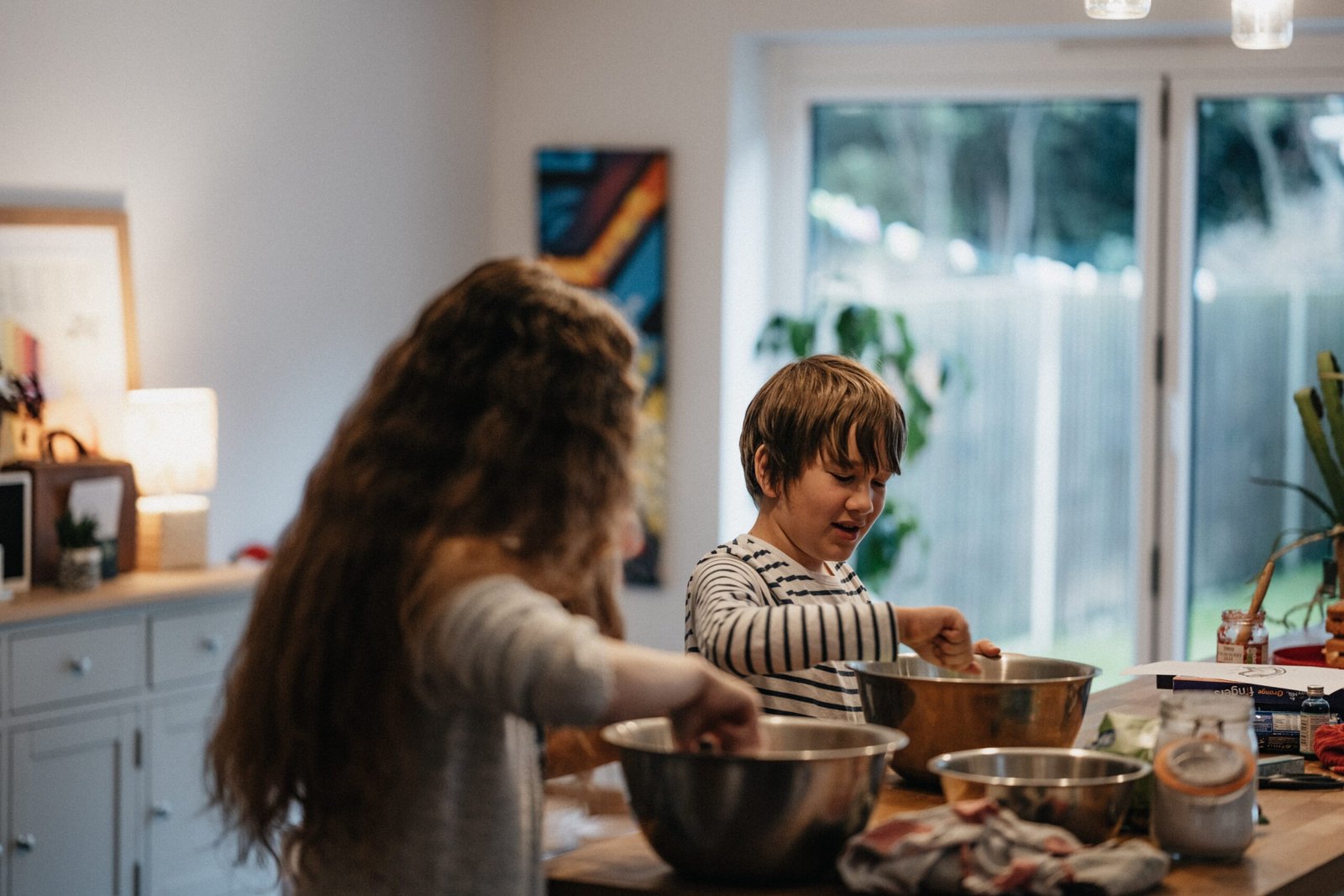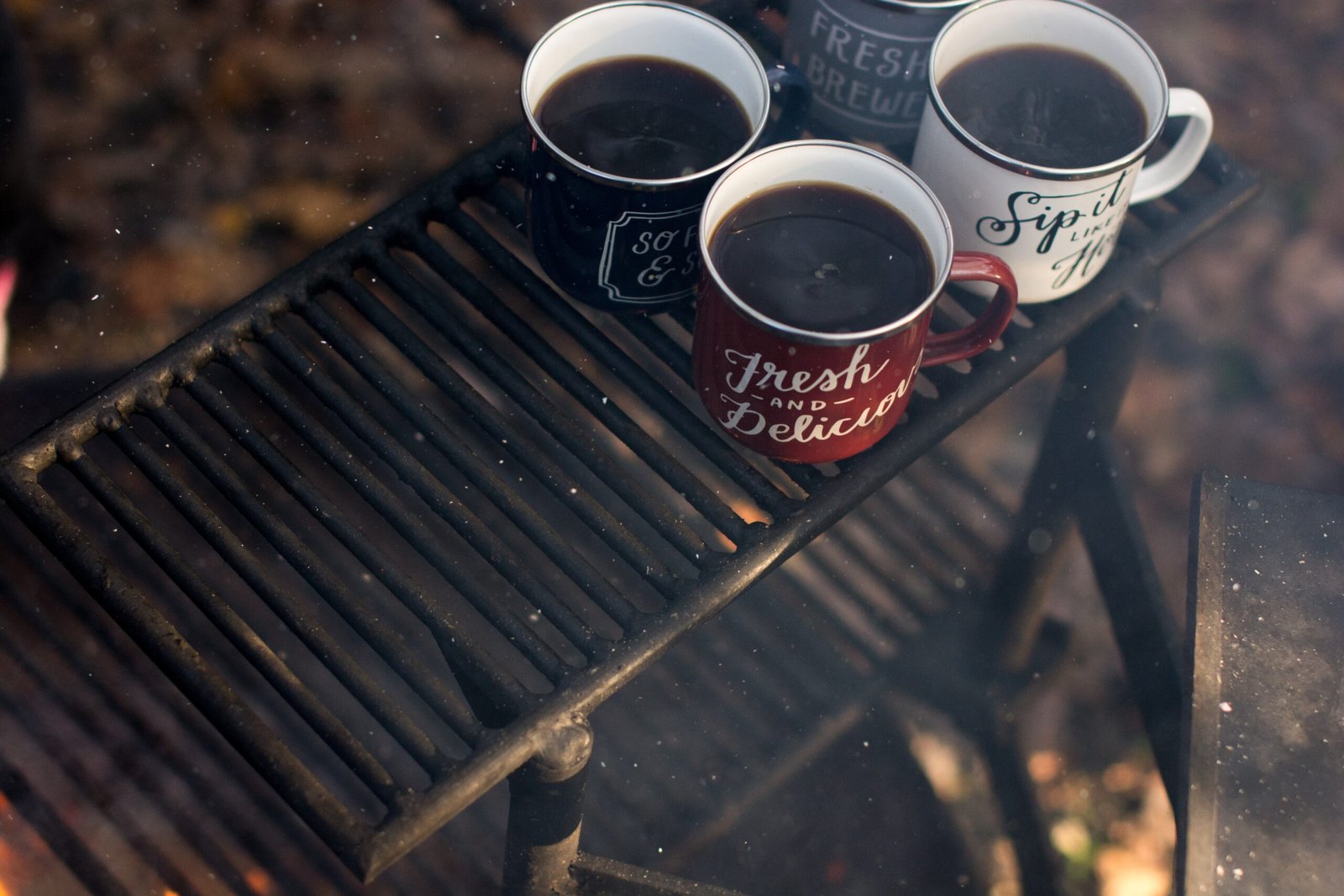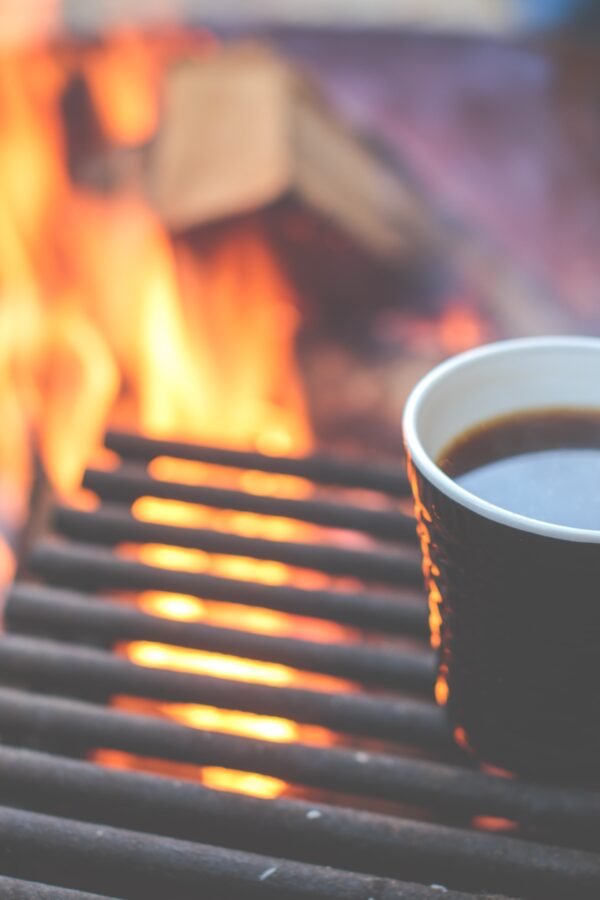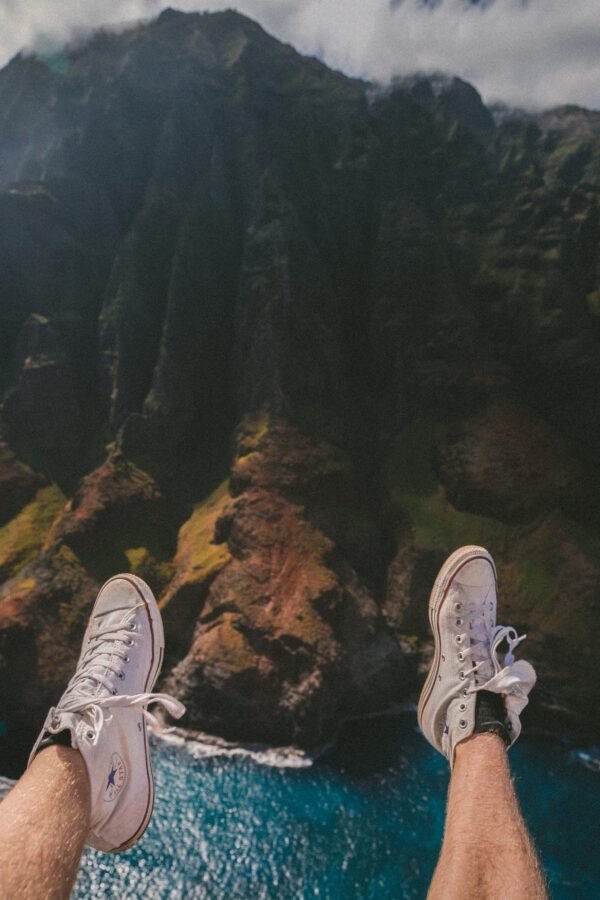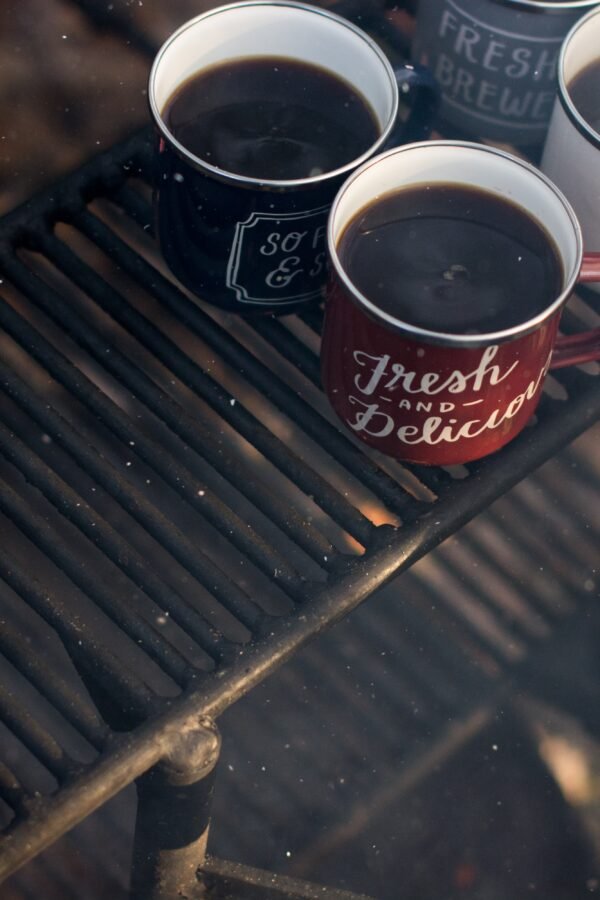Are you ready to embark on an unforgettable camping adventure? Look no further, because Tutti Camping has got you covered! We’re here to provide you with all the essential information and tips you need to make your camping experience truly magical. From must-have camping gear to packing essentials, we’ve got everything you need to know. So grab your hiking boots, pack your tent, and get ready to immerse yourself in the great outdoors. Let’s explore what you need for camping and make your trip an unforgettable one!
Shelter
Tent
A tent is an essential item for your camping adventure. It provides you with a comfortable and secure shelter to protect you from the elements. When choosing a tent, consider the size, capacity, and the seasonality of your camping trip. Look for a tent that provides enough space for you and your camping companions to sleep and store your belongings. It’s also important to ensure that the tent is durable, waterproof, and easy to set up.
Sleeping bags
A good night’s sleep is crucial when camping, and a comfortable sleeping bag can make all the difference. Choose a sleeping bag that suits the temperature range of your camping location. Sleeping bags are usually rated for different seasons, so consider the climate and weather conditions you are likely to encounter. Look for a sleeping bag that is insulated, lightweight, and easy to pack. Also, make sure it has a cozy lining and a good zipper for easy access.
Sleeping pads
To add extra comfort and insulation to your sleeping experience, invest in sleeping pads. Sleeping pads provide a cushioned layer between you and the ground, ensuring a more restful sleep. They also help to insulate your body from the cold ground, especially during colder nights. Look for sleeping pads that are lightweight, durable, and offer good insulation. There are various types available, including self-inflating pads and foam pads, so choose the one that suits your needs and preferences.
Pillows
While it may be tempting to leave pillows behind to save space, having a comfortable pillow can greatly enhance your camping experience. Look for compact and portable camping pillows that are easy to pack and carry. There are inflatable options available that can be adjusted to your desired level of comfort. Alternatively, you can use small, soft stuff sacks filled with clothes as makeshift pillows. Remember, a good night’s sleep is essential for an enjoyable camping trip.
Tarps
Tarps are versatile and multi-purpose tools that should not be overlooked when packing for your camping adventure. They can provide additional shelter and protection from rain, wind, and sun. Tarps can be used to create a makeshift awning in front of your tent, or as a groundsheet to keep your tent floor dry. They can also be used for extra shade, as a picnic area, or to cover your gear. Opt for waterproof and durable tarps that are lightweight and easy to set up.
Hammer
A hammer is an essential tool for camping, especially when it comes to setting up your tent. It helps to secure tent stakes into the ground and ensures that your tent stays in place, even in windy conditions. Look for a lightweight camping hammer or mallet that is easy to pack and handle. Some camping hammers also come with additional features, such as a built-in stake puller or a claw for removing stubborn stakes.
Stakes
Tent stakes are small, often overlooked items, but they play a crucial role in securing your tent and keeping it stable. Choose sturdy and durable tent stakes that are suitable for the type of terrain you will be camping on. Some popular options include aluminum or steel stakes, as they are lightweight and strong. It’s a good idea to bring along extra stakes in case you lose or break them during your camping trip.
Cooking Equipment
Stove
A reliable camping stove is essential for cooking meals and boiling water while camping. There are various types of camping stoves available, including propane, butane, and multi-fuel stoves. Consider the size and weight of the stove, as well as its fuel efficiency and ease of use. Look for a stove that suits your cooking needs and the number of people you will be camping with. Some camping stoves come with built-in wind screens, which can be helpful in windy conditions.
Fuel
Don’t forget to pack enough fuel for your camping stove. The type of fuel you will need depends on the type of stove you have chosen. Propane and butane canisters are popular options for portable camping stoves, as they are easy to use and widely available. If you have a multi-fuel stove, you may need to bring along liquid fuel, such as white gas or kerosene. Make sure to check the fuel requirements of your stove and bring enough to last the duration of your camping trip.
Cookware
When it comes to cookware, opt for lightweight and durable options that are easy to clean and pack. A basic camping cookware set usually includes a pot, a frying pan, and a kettle. Look for cookware made from materials such as stainless steel or aluminum, as they are lightweight and conduct heat well. Consider the size of the cookware and whether it can accommodate the meals you plan to prepare. Some cookware sets also come with nesting features, which help to save space.
Utensils
Pack a set of camping utensils that includes forks, knives, spoons, and other essential utensils. Look for compact and lightweight options, such as stainless steel or titanium utensils. Some camping utensil sets even come with built-in bottle openers and can opener functions. Don’t forget to bring along a spatula or tongs for grilling, as well as a sharp knife for food preparation.
Plates and bowls
Opt for lightweight and durable camping plates and bowls that are easy to pack and clean. Look for options made from materials such as BPA-free plastic or melamine, as they are lightweight and resistant to breaking. Consider the size and capacity of the plates and bowls, ensuring they can accommodate your meals. Some camping sets include collapsible plates and bowls, which are great for saving space in your camping gear.
Cups and mugs
Don’t forget to pack cups and mugs for your camping beverages, whether it’s for coffee in the morning or hot chocolate by the campfire. Look for insulated options that can keep your drinks hot or cold for longer periods. Some camping cups or mugs come with lids to prevent spills, while others have handles for easy carrying. Consider the material and durability of the cups and mugs, as well as their weight and packability.
Cooler
If you plan to bring perishable food or beverages on your camping trip, a cooler is essential to keep them fresh and chilled. Look for a cooler that is sturdy, insulated, and easy to carry. Consider the size of the cooler and whether it can accommodate the amount of food and drinks you plan to bring. Some coolers come with additional features, such as built-in cup holders or wheels for easy transportation.
Food storage containers
To keep your food organized and protected from animals and insects, pack a set of food storage containers. Look for containers that are airtight and waterproof to prevent leakage and contamination. Consider the size and stackability of the containers, as well as whether they are microwave-safe and easy to clean. Some food storage container sets come with different sizes and shapes, allowing for versatile storage options.
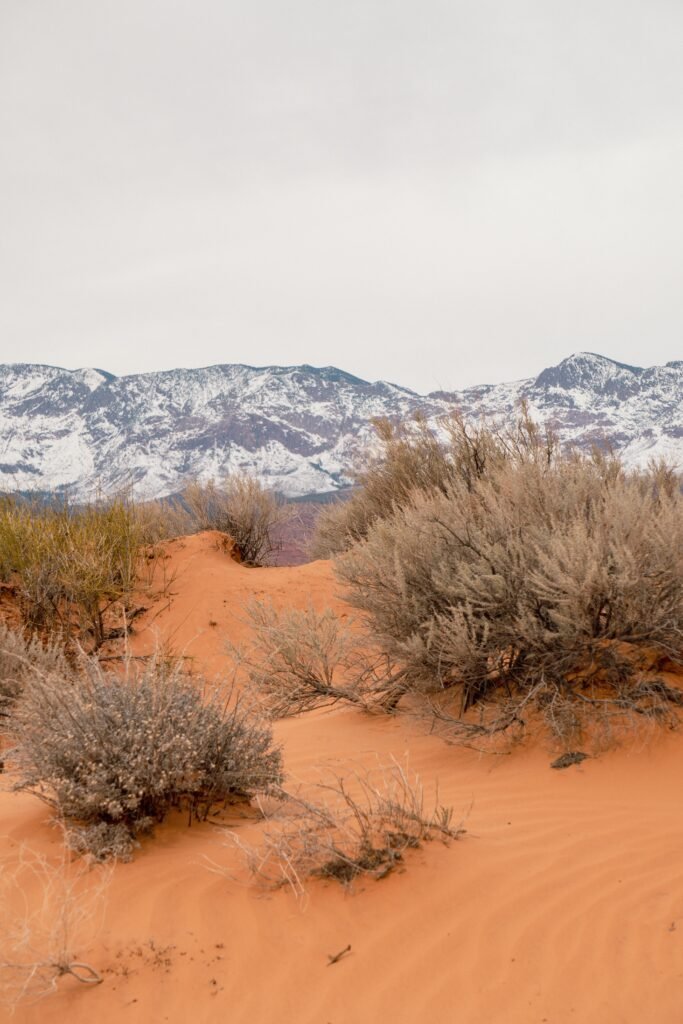
Fire Essentials
Firewood
If you plan to have a campfire, bringing firewood is essential. However, it’s important to check the rules and regulations of your camping area, as some places prohibit the collection or use of firewood from the surrounding environment. If collecting firewood is allowed, gather dry and seasoned wood from the ground, away from your campsite. Alternatively, you can purchase firewood from local vendors or campsites. Remember to bring enough firewood to last throughout your camping trip.
Matches/lighter
To start a fire, make sure to pack matches or a lighter. It’s a good idea to bring multiple sources of ignition in case one gets wet or malfunctions. Store matches in a waterproof container to keep them dry. If you choose to bring a lighter, consider a windproof or waterproof option for reliability in various weather conditions. Keep the matches or lighter in a safe and easily accessible place.
Firestarter
In addition to matches or a lighter, it’s helpful to bring firestarters to aid in starting a fire. Firestarters can be in the form of tinder, such as small, dry sticks or wood shavings, or commercially available firestarters, such as fire sticks or cubes. These ignite easily and help ignite larger pieces of firewood. Look for lightweight and compact firestarters that are easy to pack and ignite.
Fire extinguisher
Safety should always be a priority when camping, especially when dealing with fires. Having a fire extinguisher on hand can provide peace of mind and ensure that you are prepared in case of emergencies. Look for a portable fire extinguisher that is suitable for extinguishing various types of fires, such as wood, paper, or flammable liquid fires. Familiarize yourself with operating the fire extinguisher before your camping trip.
Clothing and Footwear
Rain jacket
Be prepared for unexpected rain showers by packing a reliable rain jacket. Look for a lightweight, breathable, and waterproof jacket that can protect you from the rain while allowing moisture to escape. Consider features such as adjustable hoods, cuffs, and hemlines to keep you dry and comfortable. Choose a rain jacket that can be easily packed and stored in your backpack.
Warm layers
Even during summer camping trips, nights can get chilly, so it’s important to pack warm layers. Opt for lightweight and compressible options that provide insulation and can be easily layered. Look for materials such as fleece or down for warmth. Consider bringing items such as long-sleeve shirts, sweaters, and thermal underwear to keep you comfortable in cooler temperatures. Layering allows you to adjust your clothing as the temperature changes throughout the day.
Hiking boots
A pair of sturdy and comfortable hiking boots is a must-have for outdoor adventures. Look for boots that provide ankle support, have a good grip, and are waterproof. Ensure they are the right size and fit properly to prevent discomfort and blisters during long hikes. Break in your hiking boots before your camping trip to avoid any unpleasant surprises.
Hats/caps
Protecting yourself from the sun is important when spending time outdoors. Pack a hat or cap to shield your face and head from the sun’s rays. Look for hats with wide brims or caps with a neck flap for added protection. Consider the material and breathability of the hat to ensure comfort in hot weather. Hats can also provide additional warmth during cooler temperatures.
Socks
Invest in high-quality, moisture-wicking socks that are suitable for outdoor activities. Look for socks made from materials such as merino wool or synthetic blends that help keep your feet dry and prevent blisters. Consider packing extra pairs of socks to ensure you have clean, dry socks available throughout your camping trip. It’s also a good idea to bring thicker socks for colder weather or for wearing with hiking boots.
Swimsuit
Pack a swimsuit, especially if you plan to swim in lakes, rivers, or pools during your camping trip. Make sure to choose a swimsuit that is comfortable and suitable for outdoor activities. Consider quick-drying materials and designs that allow for freedom of movement. Additionally, bring a microfiber towel that is lightweight and dries quickly to dry yourself off after swimming.
Towel
A compact and absorbent towel is a useful item to have for various purposes while camping. Look for microfiber towels that are lightweight and dry quickly. They are highly absorbent and take up minimal space in your backpack. Microfiber towels are great for drying off after swimming, wiping down equipment, or using as a makeshift picnic blanket.

Personal Items
Toilet paper
When camping in areas without restroom facilities, it’s important to bring your own toilet paper. Choose a toilet paper that is biodegradable and environmentally friendly. Consider separating individual sheets or storing the roll in a waterproof container to keep it dry. Remember to properly dispose of used toilet paper by following Leave No Trace principles.
Toothbrush and toothpaste
Maintaining good oral hygiene is essential, even during outdoor adventures. Pack a travel-sized toothbrush and toothpaste to keep your teeth clean and fresh. Consider using eco-friendly toothpaste options and pack these items in a compact toiletry bag for easy storage and organization.
Soap
To stay clean and fresh during your camping trip, bring biodegradable soap for washing dishes, clothes, and yourself. Look for camping-specific soap options that are gentle on the environment and can be used in natural water sources. Consider liquid or solid soap options that are easy to pack and won’t leak or spill in your bag.
Towel
In addition to a microfiber towel for swimming, bring a regular-sized towel for showering or drying off after washing up. Choose a lightweight and quick-drying towel that can be easily folded or rolled. Some camping towels come with a built-in hanging loop or carry bag for convenience.
Bug repellent
To protect yourself from annoying mosquitoes, ticks, and other insects, pack a good-quality bug repellent. Look for insect repellents that contain ingredients such as DEET or picaridin, as these are effective in repelling bugs. Consider the size of the repellent bottle and whether it is suitable for carrying in your backpack or pocket. Additionally, bring bug repellent candles or citronella oil to create a bug-free zone around your campsite.
Sunscreen
Protecting your skin from the sun’s harmful UV rays is important during outdoor activities. Pack a broad-spectrum sunscreen with a high SPF to shield your skin from sunburn and long-term damage. Look for sunscreen that is water-resistant and easy to apply. Remember to reapply sunscreen regularly, especially after swimming or sweating.
Medications
If you take any medications, be sure to pack enough for the duration of your camping trip. Bring them in their original packaging or a clearly labeled container. It’s also a good idea to carry a small first aid kit with basic medications such as pain relievers, antihistamines, and any prescription medications you may need.
First aid kit
Accidents can happen, so it’s important to have a well-stocked first aid kit on hand. A basic first aid kit should include items such as adhesive bandages, sterile gauze pads, antiseptic wipes, tweezers, scissors, and adhesive tape. Consider adding any necessary medications and personal items specific to your needs. Familiarize yourself with the contents of the first aid kit and how to use them before your camping trip.
Lighting
Lantern
A lantern is a valuable source of light for your campsite. Look for a lantern that is battery-powered or rechargeable, depending on your preference. LED lanterns are a popular choice for their brightness and energy efficiency. Consider the size and weight of the lantern, as well as the runtime it offers. Some lanterns also come with additional features such as adjustable brightness levels or built-in USB ports for charging devices.
Flashlight
A reliable flashlight is an essential tool for camping, providing visibility in the dark and helping with navigation. Look for a durable and waterproof flashlight that offers a good balance between brightness and battery life. LED flashlights are a popular choice for their long battery life and brightness. Consider packing multiple flashlights and extra batteries to ensure you have backup options.
Extra batteries
To ensure that your lanterns, flashlights, and other battery-powered devices don’t run out of power, bring along extra batteries. Consider packing different sizes of batteries to accommodate different devices. Keep the batteries in a waterproof container or resealable bag to prevent them from getting wet or corroding.
Headlamp
A headlamp is a hands-free lighting solution that allows you to have both light and mobility while camping. Look for a lightweight and adjustable headlamp that offers a comfortable fit. LED headlamps are energy-efficient and provide a bright, focused beam of light. Consider headlamps with adjustable brightness levels or different lighting modes for versatility.
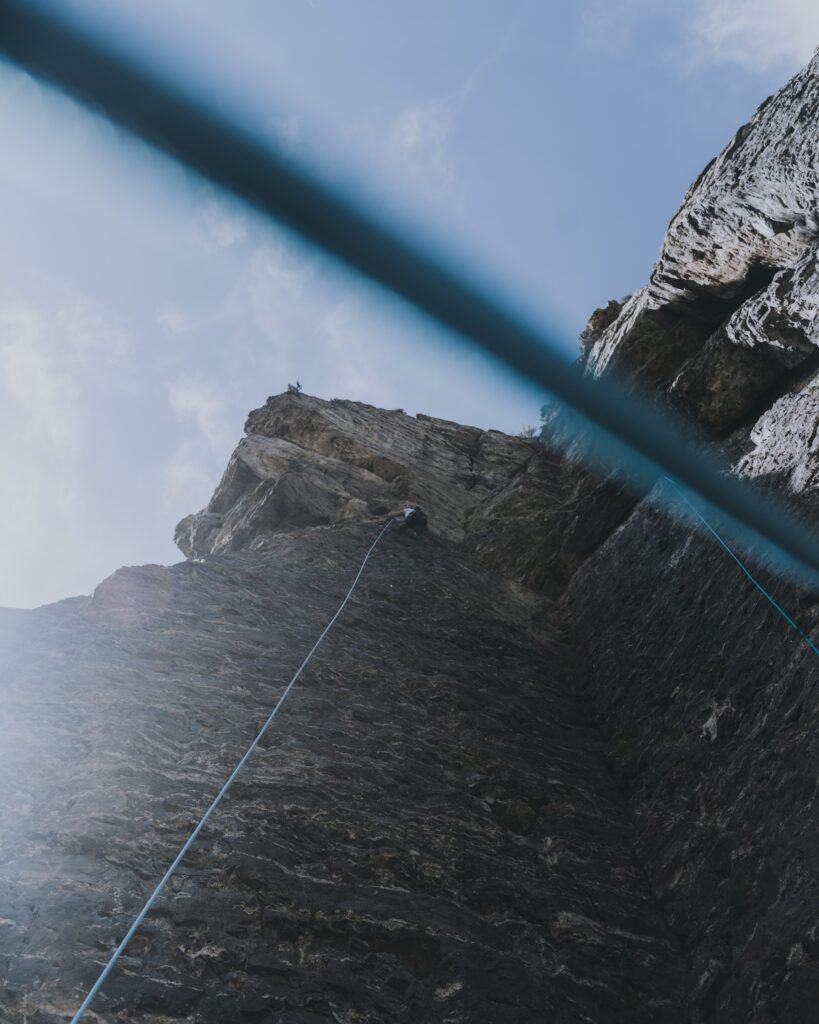
Tools and Accessories
Knife
A reliable knife is an essential tool for camping, helping with various tasks such as food preparation, cutting ropes, or creating kindling for a fire. Look for a knife with a fixed blade or a folding blade, depending on your preference. Consider the size, weight, and durability of the knife, as well as the material of the blade. Make sure to handle knives safely and keep them in a protective sheath or case.
Multi-tool
A multi-tool is a versatile tool that combines various functions into one compact device. It typically includes features such as a knife, screwdrivers, pliers, and more. Look for a multi-tool that suits your needs and camping activities. Consider the size, weight, and functionality of the multi-tool, as well as the quality and ease of use.
Duct tape
Duct tape is a handy tool for quick repairs or makeshift solutions while camping. It can be used to repair tents, gear, or clothing, as well as for other emergency situations. Consider packing a small roll of duct tape or wrapping a few feet around a pencil or water bottle to save space. Choose a strong and durable duct tape that can withstand various situations.
Rope
Bringing a length of sturdy rope can be useful for various camping tasks such as setting up a clothesline, securing gear, or creating a shelter. Look for a rope that is strong, braided, and durable. Consider the length and thickness of the rope, as well as any additional features such as reflective threads for visibility at night.
Bucket
A collapsible bucket is a versatile and space-saving item to have while camping. It can be used for tasks such as collecting water, washing dishes, or carrying items. Look for a lightweight and durable collapsible bucket that is easy to pack and carry. Some collapsible buckets come with a handle or carrying case for convenience.
Trash bags
Keeping your campsite clean and free from litter is important for preserving the environment and minimizing your impact. Pack a few extra-large trash bags specifically designed for camping purposes. These bags can be used to store and carry garbage, as well as to protect your gear from moisture or to carry wet or dirty items.
Camp chairs
Having comfortable seating around the campfire or at your campsite is a luxury worth considering. Look for lightweight and compact camping chairs that are easy to pack and set up. Consider features such as built-in cup holders or side pockets for added convenience. Choose chairs that provide adequate support and comfort for your needs.
Table
A portable camping table can provide a convenient surface for cooking, dining, or organizing your campsite. Look for a lightweight yet sturdy table that is easy to set up and pack. Consider the size and height of the table, as well as whether it can accommodate your needs and the available space at your campsite. Some camping tables are collapsible or foldable, making them highly portable.
Miscellaneous
Map
Bringing a map of the camping area or the trails you plan to hike can be helpful for navigation and exploring. Look for a detailed and up-to-date map that includes topographic information, trails, and points of interest. If possible, obtain a waterproof and tear-resistant map or consider laminating it for durability.
Compass
A compass is a valuable tool for orienteering and navigating while camping. It can help you determine directions and find your bearings, especially in unfamiliar territory. Look for a reliable and accurate compass with clear markings and a sturdy construction. Familiarize yourself with how to use the compass before your camping trip.
Cell phone and charger
While it’s important to disconnect and enjoy nature during your camping trip, having a cell phone can provide a means of communication and emergency contact. Make sure to bring a fully charged cell phone and a portable charger to keep your phone powered throughout your camping trip. Keep in mind that in some remote camping areas, cell phone service may be limited or unavailable.
Cash
Having some cash on hand can be useful for emergencies or unexpected situations while camping. Some campsites or facilities may only accept cash for payment, and it’s also handy for purchasing items from local stores or vendors. Carry a small amount of cash in a secure and waterproof container or wallet.
Camera
Capture the memories of your camping adventure by bringing a camera. Whether it’s a digital camera, a smartphone, or a disposable camera, having a way to document your experiences can be enjoyable. Consider any additional camera equipment or accessories you may need, such as spare batteries or memory cards.
Guidebooks
If you’re exploring a new camping area or participating in specific activities such as birdwatching or stargazing, consider bringing guidebooks or field guides. These can provide valuable information about local flora, fauna, or natural features. Look for guidebooks that cover the specific region or activities you plan to engage in.
Campsite reservation
Before heading out on your camping trip, make sure to confirm and secure a campsite reservation at your chosen destination. Many popular camping areas require reservations, especially during peak seasons. Check the campsite’s website or contact the relevant authorities to make sure you have a designated spot for your camping adventure.
Recreation and Entertainment
Hiking gear
If you plan to go hiking during your camping trip, ensure you have the appropriate hiking gear. This may include a backpack, hiking boots, trekking poles, a compass, a map, and appropriate clothing. Research the hiking trails in the area and prepare accordingly to have a safe and enjoyable hiking experience. Don’t forget to check the weather and trail conditions before setting out.
Bicycles
If you’re an avid cyclist or want to explore the campsite and surrounding areas on a bike, consider bringing bicycles. Make sure to have the necessary equipment such as helmets, bike locks, and repair tools. Research the cycling opportunities in the area, including designated trails or roads suitable for cycling.
Fishing equipment
If you enjoy fishing, bring along your fishing equipment for some relaxation and outdoor fun. Pack your fishing rod, tackle box, and any necessary fishing accessories. Make sure to check the fishing regulations and obtain any required permits or licenses for the fishing area. Remember to practice catch-and-release and follow local fishing guidelines to preserve the ecosystem.
Kayak/canoe
If your camping destination includes lakes or rivers suitable for kayaking or canoeing, consider bringing your own kayak or canoe. Ensure you have the necessary safety gear such as life jackets or personal flotation devices. Research the water conditions and any applicable regulations for watercraft usage before setting out.
Board games/cards
To add a touch of fun and entertainment to your camping trip, consider packing a few board games or a deck of cards. These can be enjoyed during downtime or in the evenings around the campfire. Choose games that are compact, durable, and suitable for outdoor play. Card games like Uno or classic board games like Scrabble or Monopoly are popular options.
Books/magazines
If you enjoy reading, grab a couple of books or magazines to enjoy during your camping downtime. Choose lightweight and compact options that are easy to pack and won’t take up too much space. Consider genres that align with your interests or books that reflect the tranquility and beauty of nature.
Musical instruments
If you love music and want to create your own campfire melodies, bring along a portable musical instrument. Whether it’s a guitar, harmonica, or ukulele, having a musical instrument can enhance the camping experience. Enjoy singing songs and playing music around the campfire, creating memories and a cozy atmosphere.
Safety Tips
Campfire safety
When building and maintaining a campfire, always prioritize safety. Follow the campground or park rules regarding campfires. Choose a designated fire pit or ring, and clear the area around it of any flammable materials. Only use dry, seasoned firewood, and never leave the fire unattended. Make sure to completely extinguish the fire before leaving the campsite or going to sleep.
Wildlife safety
While camping, it’s important to respect and coexist safely with wildlife. Keep a safe distance from animals, and never feed or approach them. Store food and other scented items securely to minimize the risk of attracting wildlife to your campsite. Familiarize yourself with local wildlife and any precautions you should take, such as using bear-resistant food containers or hanging food from trees.
Emergency contacts
Before you embark on your camping trip, inform a trusted friend or family member of your plans. Provide them with your itinerary, including the campground or park you will be staying at and your expected return date. This way, they will be aware of your whereabouts and can take action if needed. It’s also a good idea to have the contact information for local emergency services, park rangers, or nearby hospitals easily accessible.
Weather forecast
Stay informed about the weather conditions before and during your camping trip. Check the weather forecast for your camping area and be prepared for any changes. Pack appropriate clothing and gear based on the expected weather conditions. Be mindful of any severe weather warnings or advisories and take necessary precautions to ensure your safety.
First aid training
Having basic first aid knowledge and training can be invaluable in emergency situations. Consider taking a first aid course or refreshing your skills before your camping trip. Learn how to treat common injuries or illnesses that may occur during outdoor activities. Having the confidence and skills to provide immediate care can make a significant difference in the outcome of an emergency situation.

